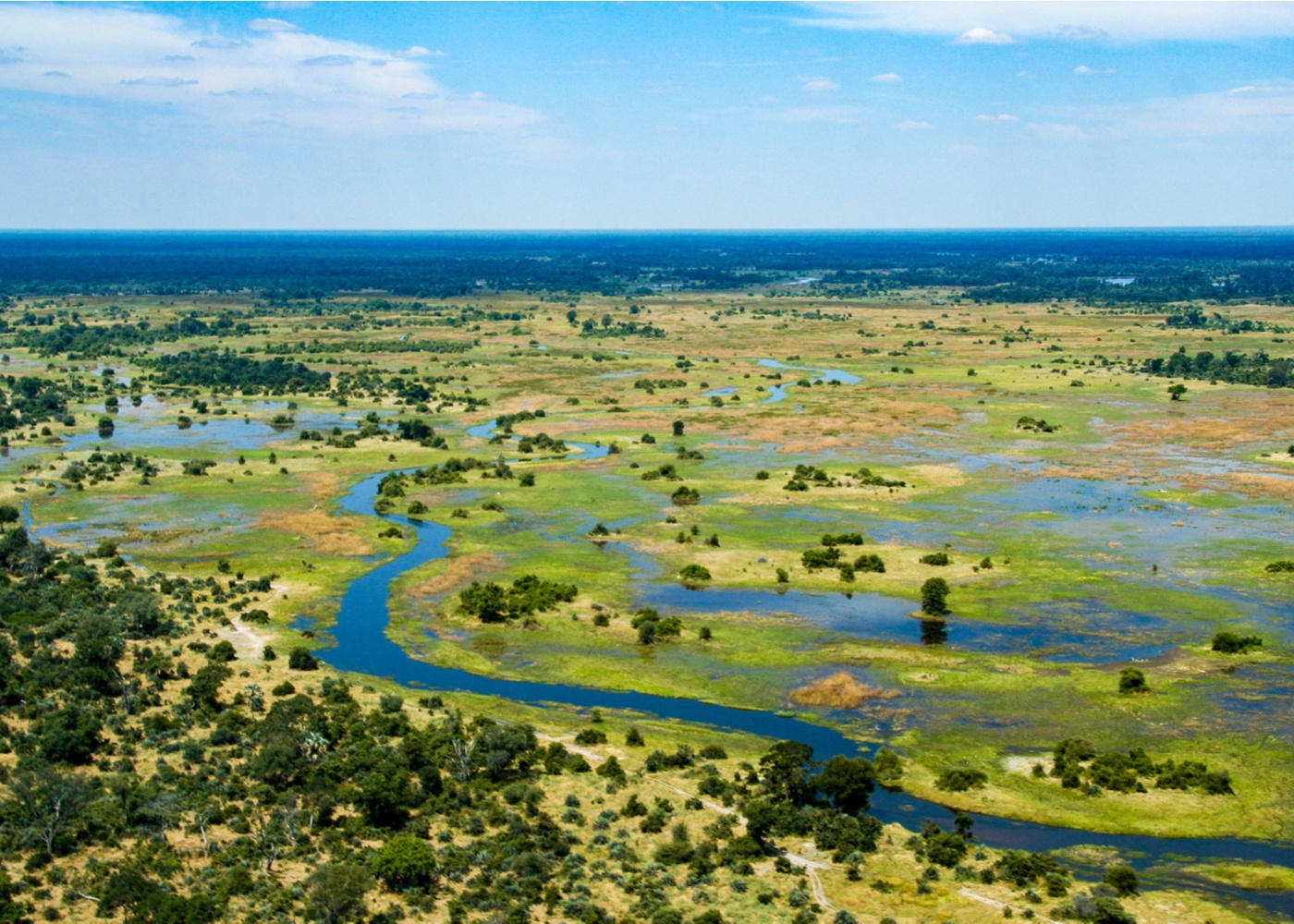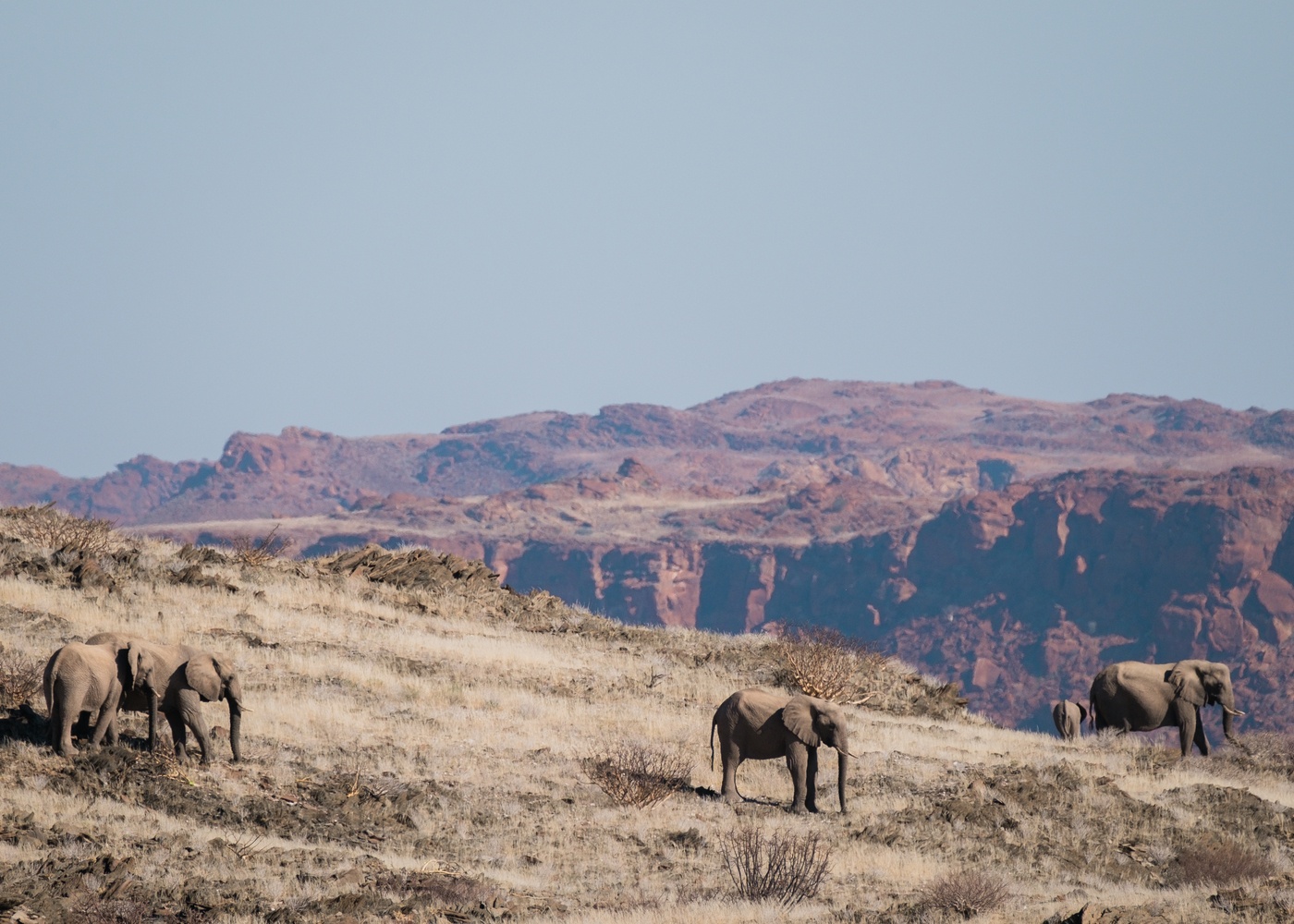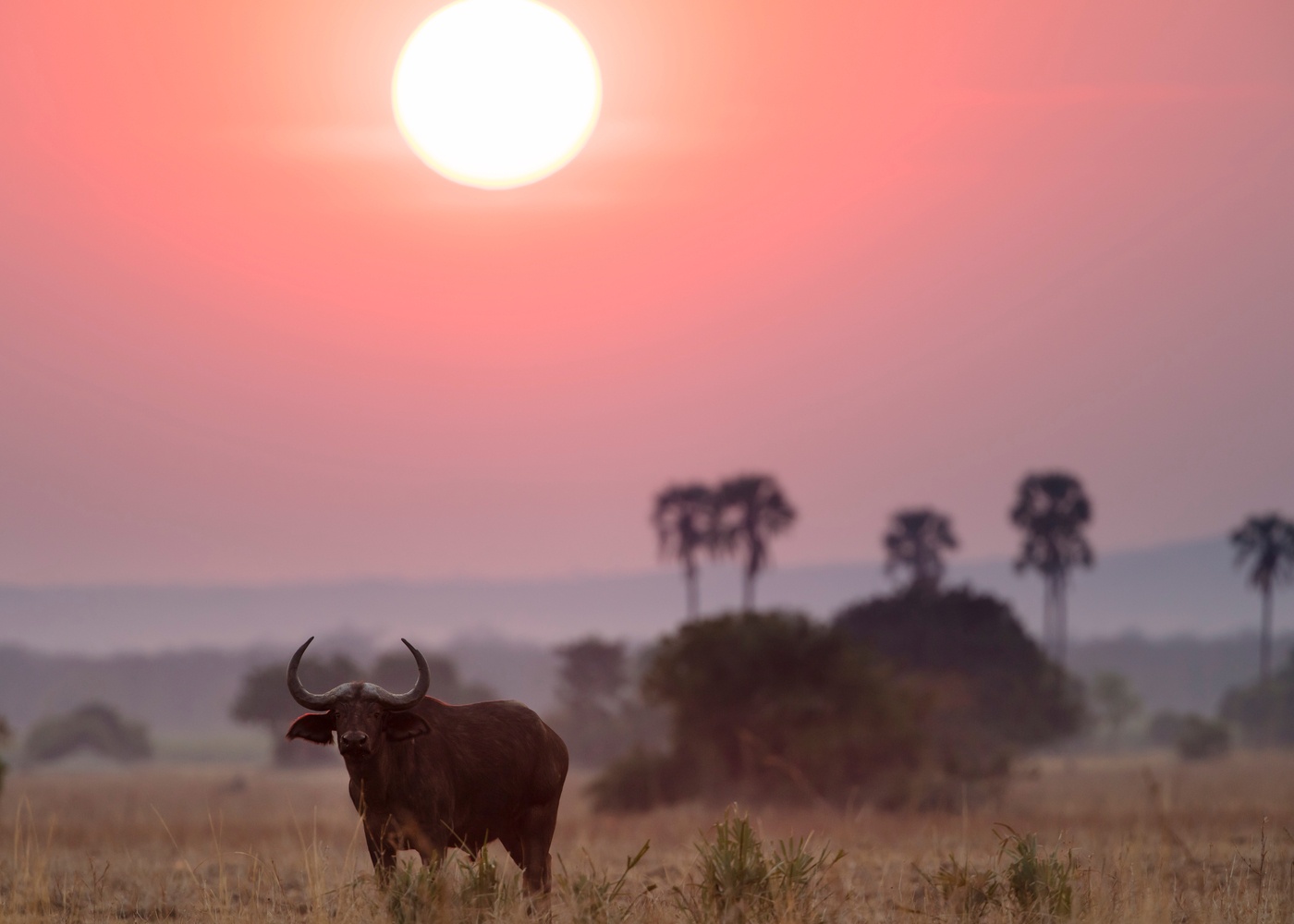Safari tourism gets a mixed press from environmental groups. Most see visitors as a force for good, helping to fund national parks and conservation efforts across Africa. The flip side of the coin?
Posted on : 2019-11-14 07:36:35
Mass tourism can exacerbate water shortages, draw funds away from local communities and negatively impact the wildlife that it depends on.
Here’s how to plan a trip that makes a difference – in a good way.
1. Pick the right provider
Plenty of safari operators flaunt their eco credentials, but some have more basis for those claims than others. Look for lodges that use renewable energy sources, deal responsibly with waste and work actively to preserve the surrounding environment. Projects with strong local connections (particularly the community-run conservancies found in Namibia and Kenya) tend to be serious about sustainability.
2. Go remote
Poaching is one of the biggest threats to endangered African wildlife. Famous reserves have the funds and the staff to fight the problem, but remoter parks with fewer visitors struggle to keep poachers at bay. Entrance fees help pay for conservation efforts and it makes sense to direct your cash where it’s needed. Think far-flung reserves such as Selous and Ruaha in Tanzania.

3. Keep your distance
We’ve all seen the Instagram snaps of cheetahs leaping onto car bonnets and giraffes communing with tourists through Jeep windows. Close encounters are part of the safari magic – but don’t be tempted to push yourself on a reluctant animal for the perfect photo op. Keeping a healthy distance allows wild animals to stay wild. On the same note, treat operators offering cub petting and ‘walking with lions’ experiences with extreme caution.
4. Leave no trace
It’s the first rule of outdoor-lover’s code: take only pictures, leave only footprints. Nobody wants to see crisp wrappers drifting across the Serengeti or plastic bottles clogging up a watering hole. Champion the environment by keeping trash under wraps and disposing of it responsibly.

5. Support local charities
Smaller conservation schemes and charities depend heavily on the tourist dollar. Some operators donate a percentage of their profits to local conservation groups, but there are other ways to make a difference. Got some free space in your suitcase? Use it to transport much-needed supplies to African communities through an organisation such as Pack for a Purpose. Visiting local conservation projects will also help direct your cash where it’s most needed.
6. Save on water
There are water shortages in many traditional safari destinations, including South Africa, Tanzania and Kenya. That’s why it’s so crucial to be mindful of your water usage. Shower instead of bathing, reuse towels and stay at lodges that subscribe to rainwater harvesting projects or waste-water treatment schemes.
7. Be a savvy buyer
Forget ‘made in China’ cuddly lion toys and mass-manufactured fedoras – the best souvenirs are local, handcrafted and sustainable. Buying local on safari gives a boost to remote communities. Just be sure to avoid anything made from animal products such as bone, reptile skins, feathers, fur, coral and, of course, ivory.

8. Reuse and recycle
Most safari destinations have limited recycling programmes. You can minimise the recyclable waste going to landfill by unpacking plastic-packed products before you travel and taking smaller items such as batteries home with you. Give plastic bottles the bypass. Instead, pack a reusable water bottle with an in-built filter.
9. Offset your flight
Flying long-haul is a major carbon sin, but you can reduce the damage to your eco-credentials by offsetting. While early offsetting programmes were criticised for their inefficiency, recent schemes are more effective. Some airlines let you buy ‘carbon credits’ when you purchase your ticket. If you choose to go your own road, look for projects that are transparent about how they calculate the emissions saved.

